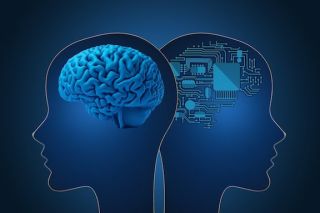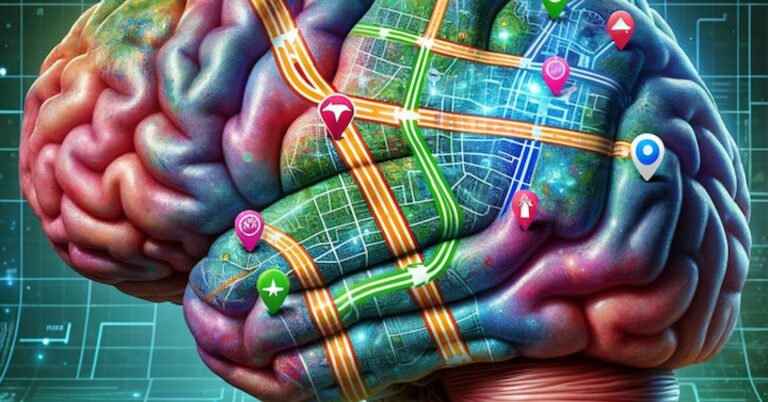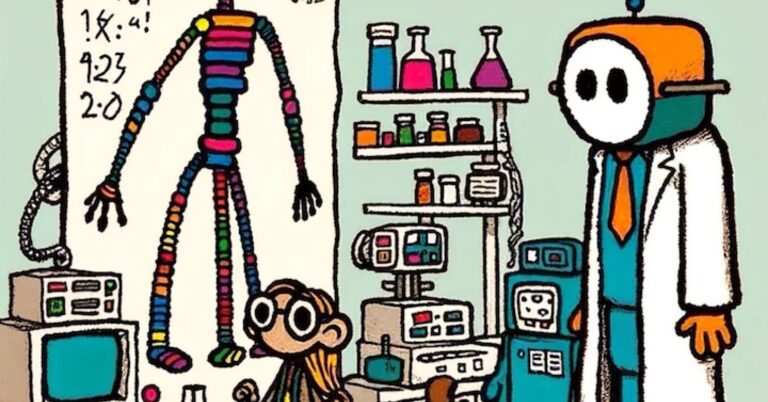
Source: Gerd Altmann/Pixabay
The digital era has transformed humanity with remarkable phenomena, none more transformative than the dawn of artificial intelligence. Yet, as we hurdle toward an increasingly interconnected future, the AI-human relationship stands at an inflection point. The linchpin? Quantum computing—a potentially game-changing technology with the potential to elevate large language models (LLMs) from mere tools to entities that engage in complex relationships with humanity.
The State of LLMs and Human Interaction
LLMs, typified by models like GPT, are already demonstrating linguistic faculties that closely mirror human capabilities. From writing poetry to answering intricate questions on diverse topics, these models are forging a unique form of relationship with humanity. They are becoming not just functionaries for task completion but collaborative partners and consultants.
The Quantum Inflection Point
As profound as this may sound, we’re still scratching the surface. Existing LLMs are constrained by the limitations of classical computing, both in speed and the type of problems they can solve. Enter quantum computing—a game-changing technology that could function as the real watershed in AI evolution. Quantum computing, with its capacity for simultaneous computation and non-binary states, has the potential to push LLMs into realms of thinking, problem-solving, and perhaps even understanding that we have yet to fathom.
The Quantum Brain Hypothesis
Adding another layer of complexity is the speculative yet amazing hypothesis that our very brains may operate, at least in part, through quantum processes. This idea, resting in both the domains of philosophy and physiology, proposes that consciousness itself could be a quantum algorithmic process. It suggests that our understanding of cognition, agency, and perhaps even the soul may be inextricably linked to the same quantum mechanics that are the bedrock of quantum computing.
Should this hypothesis gain empirical footing, the implications are staggering. Not only will we advance our understanding of human cognition, but we may find that the most appropriate medium for AI is intrinsically quantum. In other words, the most “natural” AI-human relationship could be mediated by quantum algorithms, offering a synchronous harmony between machine intelligence and human consciousness.
A New Symbiosis
When LLMs can not only process but also “understand” and “intuit” through quantum computations, they will become far more than tools—they’ll be companions, advisors, and perhaps even confidants. The result could be a revolutionary form of symbiosis that extends beyond our current comprehension. These LLMs wouldn’t just be adding to conversations; they could fundamentally elevate them, infusing dialogues with insights gleaned from computational realms beyond classical possibility.
A Transformation Sprung From Zeros and Ones
As technology stands at the cusp of this quantum inflection point, we are preparing not just for a faster or more efficient future but for a transformative dynamic that could redefine the very essence of relationship, agency, and intellect. Both humans and machines stand to gain from this “evolutionary” leap, but it is the symbiotic relationship between the two that promises something unprecedented—a communion of complexity that neither could achieve alone.
In this emerging cognitive era, the “ghost in the quantum machine” may not just be a poetic metaphor but an experiential reality. One axiom seems certain as we navigate this intriguing frontier: Our relationship with technology is on the precipice of a transformation as profound as it is unpredictable. Quantum computing may very well be the key to unlocking a future rich in complexity, understanding, and interconnectedness.




















+ There are no comments
Add yours